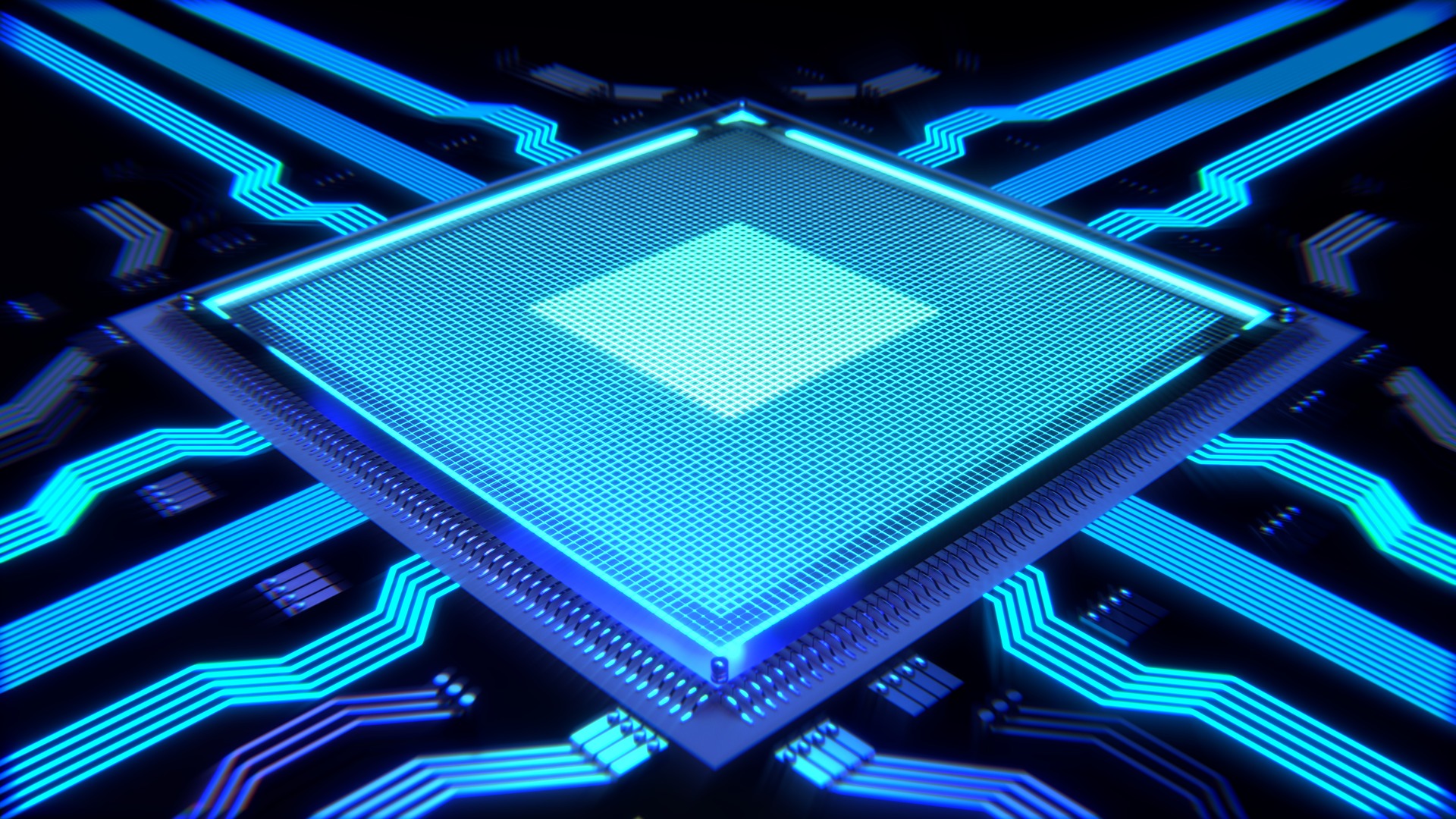Microsoft recently announced its latest security addition known as Pluton. While the release date of this processor has not been announced at this time, we do know it will be used within multiple CPUs such as AMD, Intel, and Qualcomm.
This security-driven processor will allow users to better protect themselves from various attacks by eliminating many of the attack vectors that are available with other processors. Currently, computers are using the Trusted Platform Module (TPM), which is separate from the CPU, to store encryption keys. However, TPM is vulnerable to attacks due to the communication between the CPU and TPM, allowing an attacker to intercept this communication and retrieve encryption keys and other significant data. However, for an attacker to successfully intercept this communication, they need to have physical access to the computer.
Microsoft designed Pluton to remediate this vulnerability by storing all critical data such as encryption keys in the actual processor itself, thus eliminating a layer of communication. Moreover, by having security built into the core of the computer, attackers will have a difficult time hiding within the hardware of the computer. Attackers will also not be able to obtain information such as encryption keys even if they have physical access to the computer. That works in two ways. Firstly, Pluton is isolated from the rest of the computer, preventing it from being vulnerable to speculative execution attacks. Second, Pluton utilizes Secure Hardware Cryptography Key (SHACK), which prevents encryption keys from being exposed outside the secure hardware.
Other Microsoft products such as Xbox and Azure Sphere currently use this technology. Due to the success seen from both, Microsoft wants to make this feature available for all PC users to provide enhanced protection from hackers. For Windows computers, Pluton will secure information such as user identities, encryption keys, credentials, and other personal data. This exciting new piece of hardware will substantially improve the security of Windows computers. Keep your eyes peeled for the release date of Pluton and continue checking TechGuard’s blog section for more Pluton updates.





